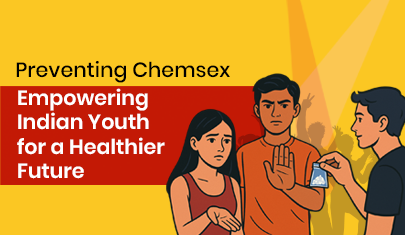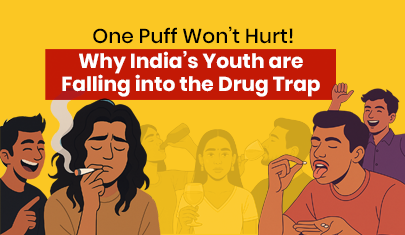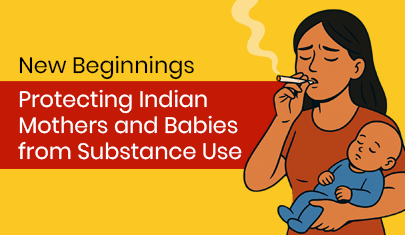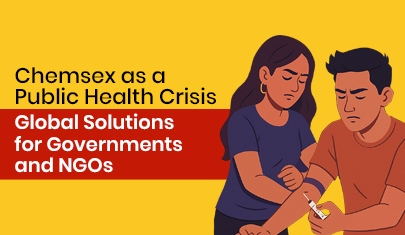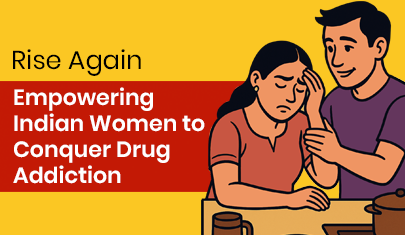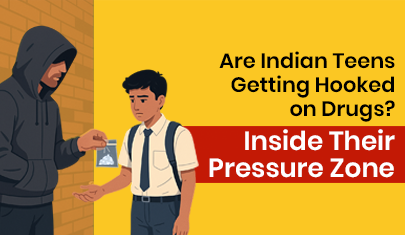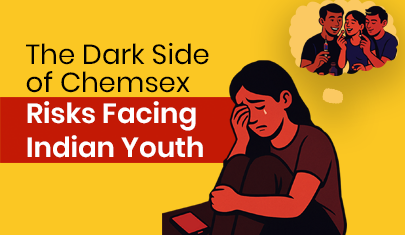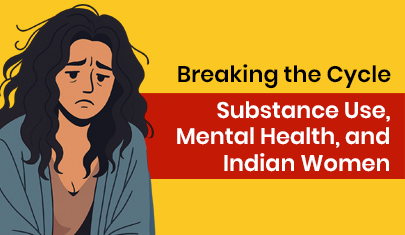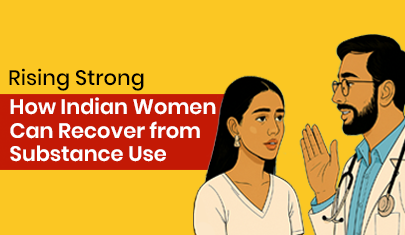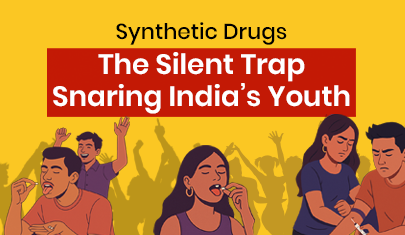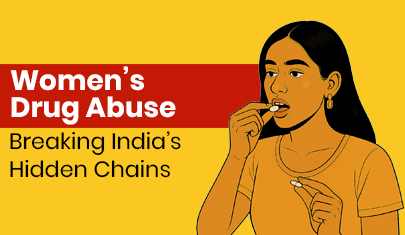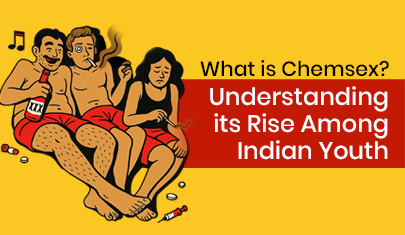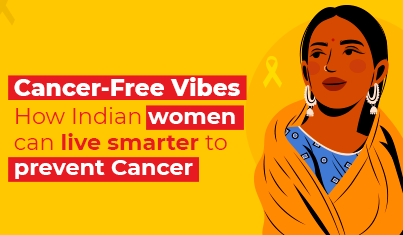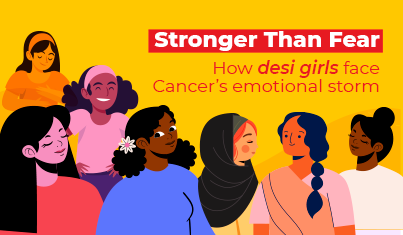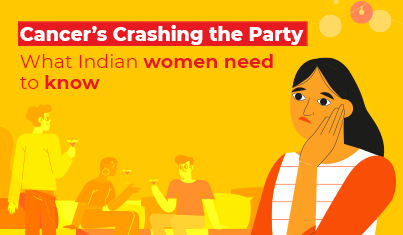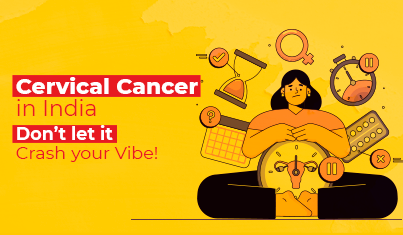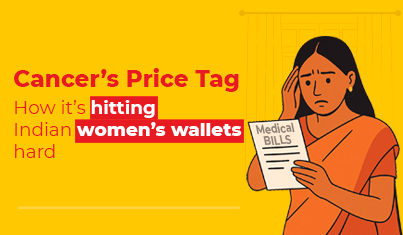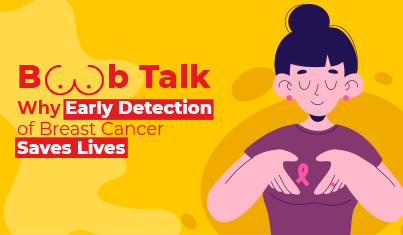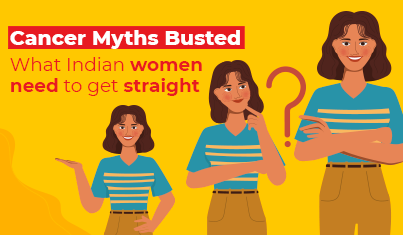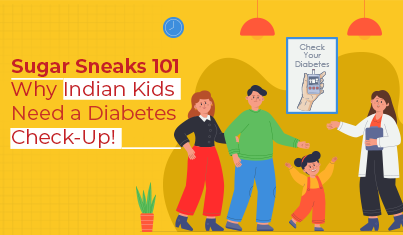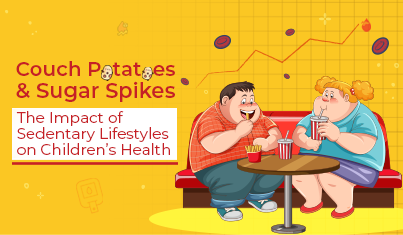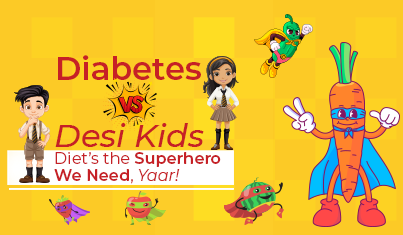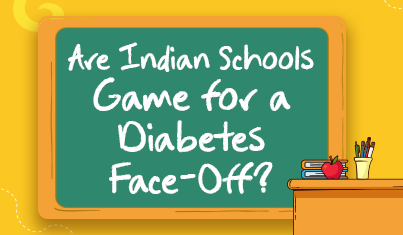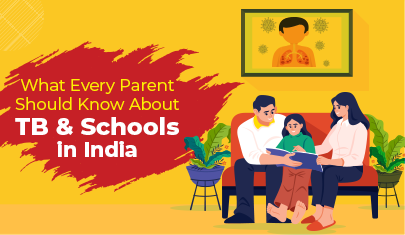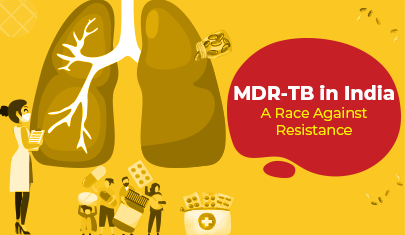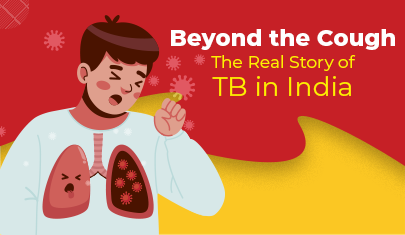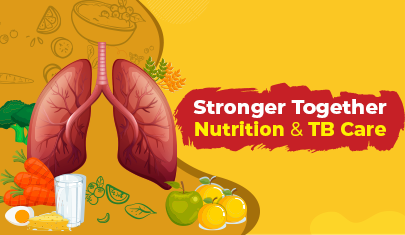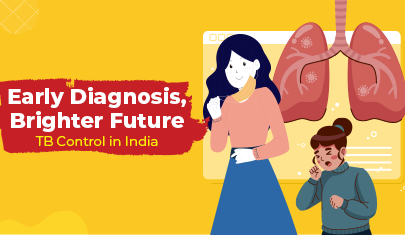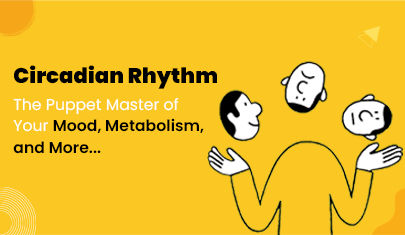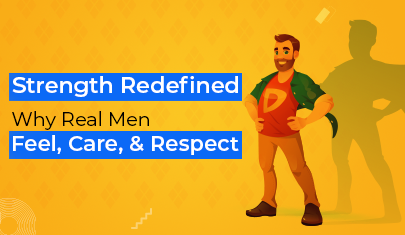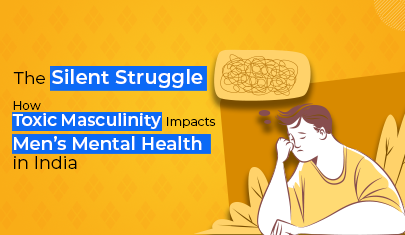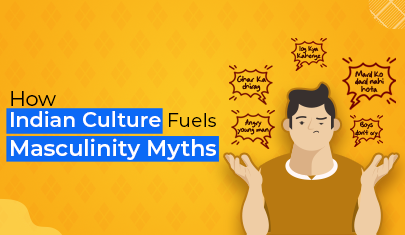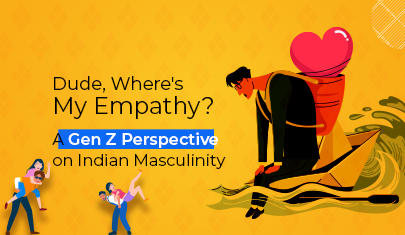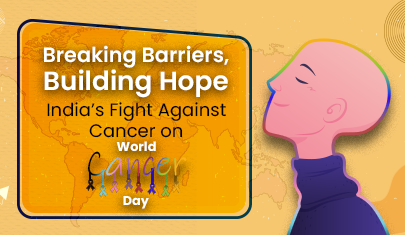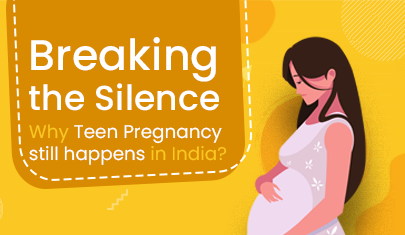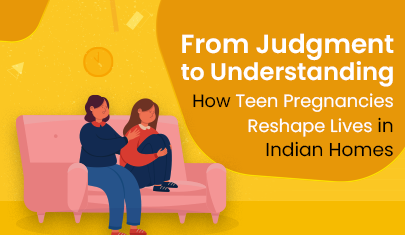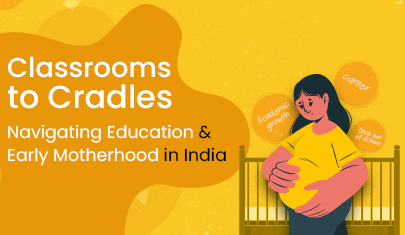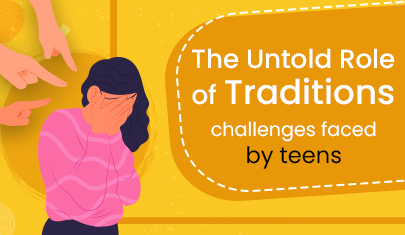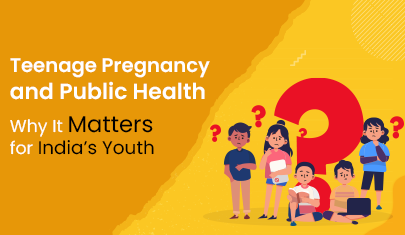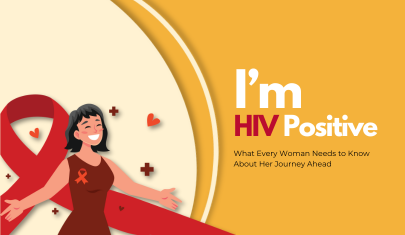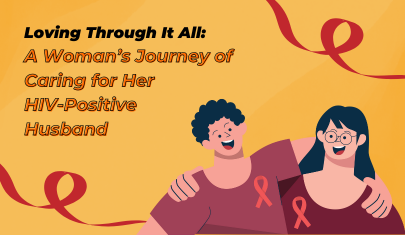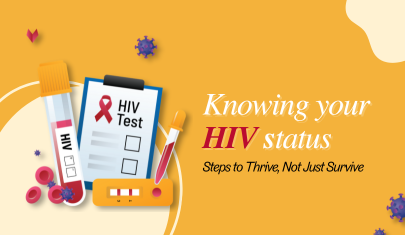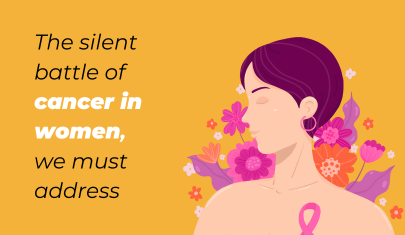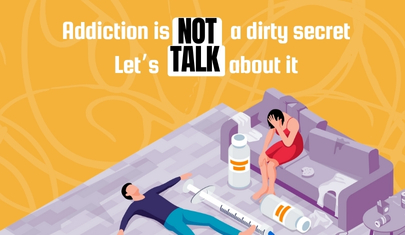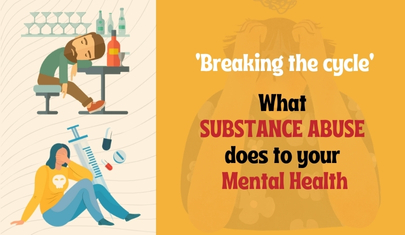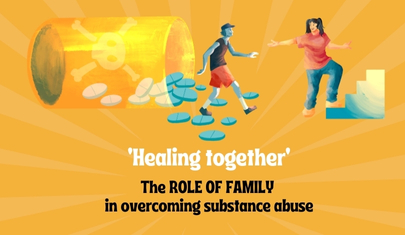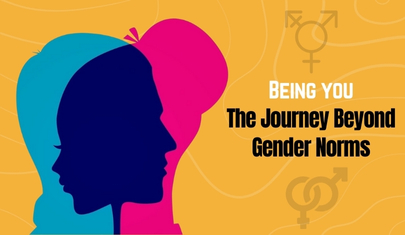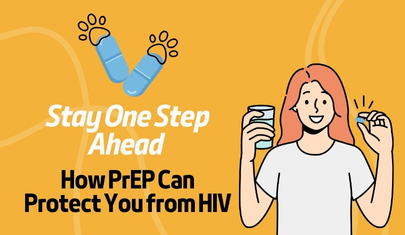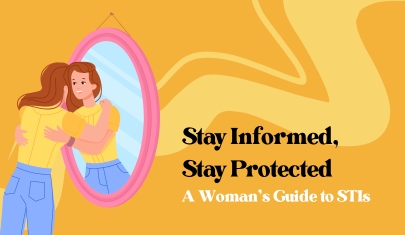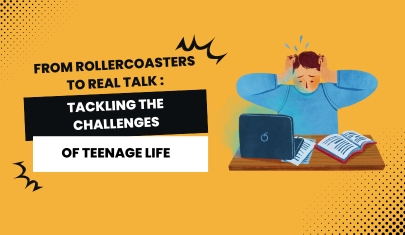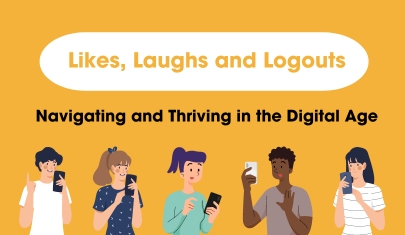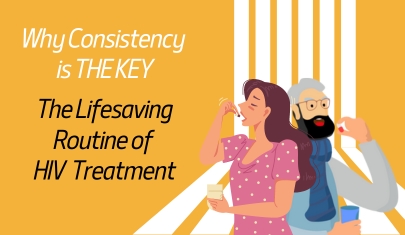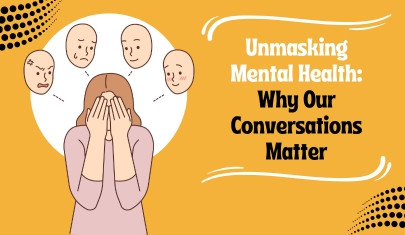General
The Silent Epidemic: Why NCDs Are Everyone's Problem, Starting Now
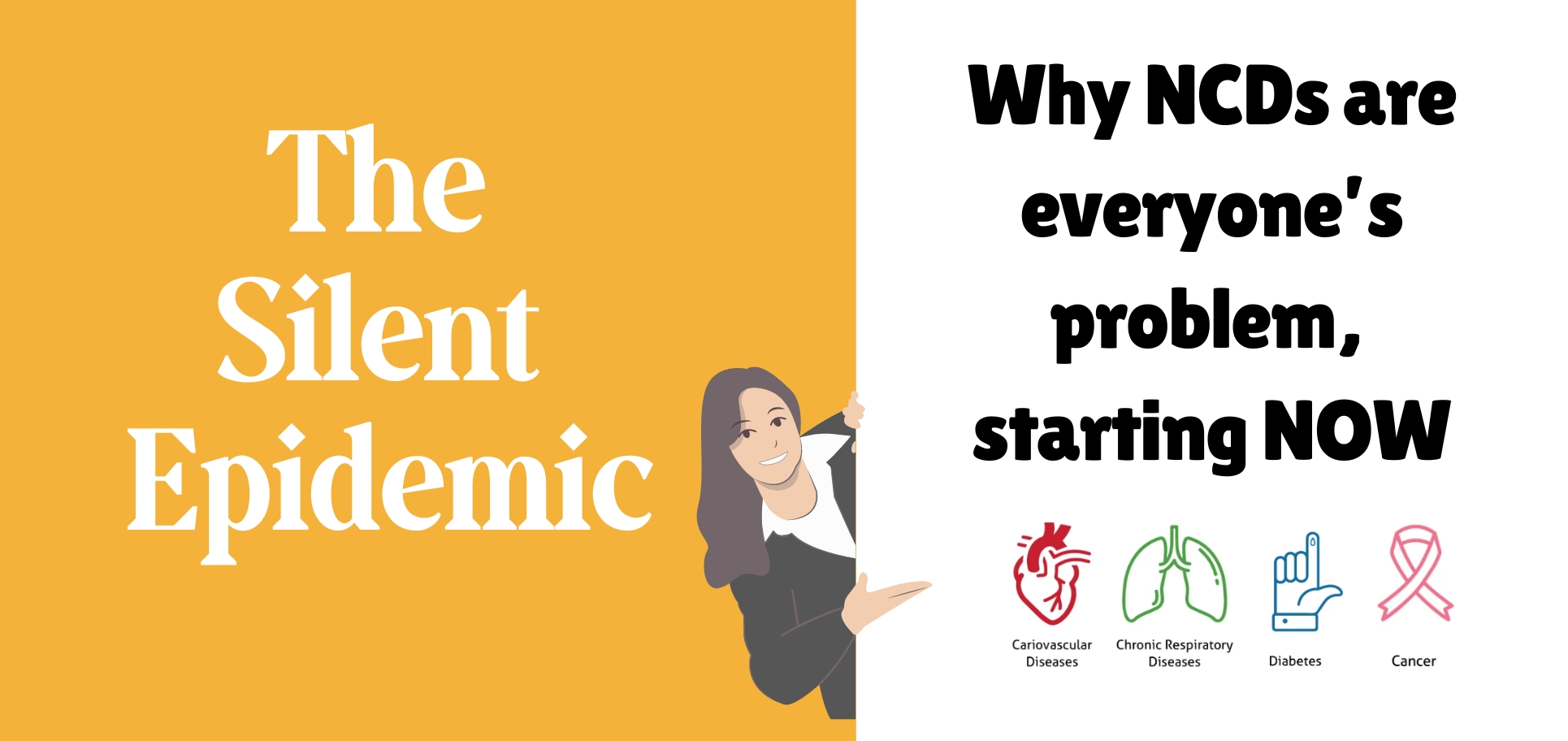
Hey,
Ever heard of non-communicable diseases (NCDs)? They might sound like medical jargon, but they’re a massive issue, especially in India. And guess what? They’re not just a concern for older folks—NCDs are increasingly affecting adolescents and young adults too. Let’s break it down in a way that’s straightforward and maybe a bit engaging. Ready to dive in?
What Are NCDs, Anyway?
So, what exactly are NCDs? Simply put, they’re diseases that aren’t passed from person to person. We’re talking about serious conditions like heart disease, diabetes, cancer, and chronic respiratory diseases. Unlike the flu or a cold, you can’t catch these from someone else, but their impact is just as significant—if not greater.
In India, NCDs account for a staggering 60% of all deaths. Yes, you read that correctly. And here’s a surprising fact: they’re not just a problem for the older generation. Young people, including adolescents, are increasingly at risk. Why? It’s often tied to lifestyle choices—things like poor diet, lack of physical activity, and even excessive screen time.
So, let’s get informed and take action—because these diseases are not just a distant worry but a growing concern for all of us.
The Lifestyle Factor: What We Eat, Drink, and Do
Let's dive into lifestyle—yes, I know it might sound mundane, but hear me out. Ever heard the saying, “You are what you eat”? Turns out, it’s more accurate than we might think. A diet loaded with junk food—think chips, sodas, and those tempting yet unhealthy snacks—is essentially a fast track to health issues. These foods are brimming with sugar, salt, and unhealthy fats, setting the stage for obesity, high blood pressure, and type 2 diabetes.
Then there’s the physical activity—or the lack of it. With so many of us glued to screens, it’s no surprise we’re falling short on exercise. In India, nearly 1 in 5 adolescents is overweight or obese. That’s a staggering number of young people at risk for NCDs, largely due to excessive screen time and insufficient movement.
But here’s the silver lining: making a few simple changes can make a big difference. Just a bit more walking and cutting back on junk food can set you on the path to better health. So, why not take that first step today?
NCDs and Young People: Why Should You Care?
You might think, “I’m young; I don’t need to worry about NCDs yet.” But here’s the reality—these diseases don’t just appear when you hit 40. They can start developing much earlier, even during adolescence. The habits you adopt now, whether positive or negative, can impact your health for years to come.
Consider smoking. Shockingly, over 8.5% of Indian adolescents use tobacco—nearly 15 million kids and teens. This isn’t just a harmless phase; it’s a gateway to serious health issues like heart disease and lung cancer. And alcohol? Binge drinking may seem like a weekend thrill, but it’s a direct route to liver disease and high blood pressure.
So, why should you care? Because the choices you make today shape your health for tomorrow. Start making better choices now to ensure a healthier future.
HIV and NCDs: A Double Whammy
Let’s shift the focus to HIV and its unexpected link to NCDs. You might be asking, "What does HIV have to do with chronic diseases?" The answer is significant—HIV increases the risk of developing NCDs. Here’s why: the virus itself, along with the treatments used to manage it, can heighten the likelihood of conditions like heart disease and diabetes.
In India, where a substantial number of individuals are living with HIV, this overlap of HIV and NCDs is a pressing issue. It’s like facing two adversaries simultaneously, highlighting just how interconnected our health challenges can be. For those living with HIV, regular check-ups are crucial—not just to monitor viral load, but to stay on top of their overall health. This dual focus is vital in managing the complexities of living with HIV while also safeguarding against chronic diseases.
Women and NCDs: A Silent Crisis
Now, Let’s focus on a critical issue: the impact of NCDs on women in India. Women face a heightened risk of chronic diseases due to a complex mix of biological, social, and economic factors. Astonishingly, cardiovascular disease is the leading cause of death among women in India, surpassing even childbirth complications.
Here’s the hard truth: women often experience different symptoms for heart disease compared to men, which can lead to them being overlooked or misdiagnosed. On top of this, women frequently juggle caregiving roles and neglect their own health needs. This combination creates a dangerous scenario that we must address.
But there’s hope. Increasing awareness and ensuring that women receive timely and appropriate healthcare are crucial steps toward reversing these trends. It's time to prioritize women's health and ensure they get the support and attention they deserve.
Sexual Minorities and NCDs: A Hidden Challenge
We also need to shine a light on the challenges faced by sexual minorities when it comes to NCDs. In India, sexual minorities, including LGBTQIA+ individuals, face significant health disparities. The stigma and discrimination they often experience can lead to higher rates of smoking, alcohol use, and stress—each a risk factor for NCDs.
Research shows that sexual minorities are at an elevated risk for mental health issues, including depression and anxiety, which can contribute to the development of NCDs. Unfortunately, access to healthcare for sexual minorities is often limited, and the fear of discrimination can prevent many from seeking the help they need. This makes it even more important to create inclusive, supportive healthcare environments that address the unique needs of sexual minorities.
Addressing NCDs in this community isn’t just about treating diseases; it’s about fighting stigma, promoting mental health, and ensuring that everyone, regardless of their sexual orientation or gender identity, has access to the care they deserve.
The Aged and NCDs: A Growing Concern
Let’s also not forget about our elders. As people age, the risk of NCDs naturally increases. In India, where the population of people over 60 is rapidly growing, this is becoming a significant public health issue. Conditions like hypertension, diabetes, and arthritis are common, but that doesn’t mean they’re inevitable.
The challenge here is twofold: managing these conditions effectively and ensuring that older adults have access to the care and support they need. That includes everything from regular check-ups to social support systems that help them stay active and engaged. And let’s not forget about mental health. Depression and anxiety are often overlooked in older adults, but they’re just as important as physical health.
Why NCDs Matter Now More Than Ever
So, why should we care about NCDs right now? Well, besides the fact that they’re responsible for the majority of deaths in India, NCDs are also a massive economic burden. The cost of treating these diseases is skyrocketing, and it’s putting a strain on both individuals and the healthcare system.
But here’s the thing—most NCDs are preventable. That’s right, with a few lifestyle changes, we can significantly reduce our risk. And it’s not just about living longer; it’s about living better. Imagine reaching old age without the burden of chronic disease. It’s possible, but it starts with the choices we make today.
What Can We Do?
So, what can you do to reduce your risk of NCDs? The answer is simple but not always easy: make healthier choices. Here are a few tips:
- Eat More Fruits and Veggies: Sounds basic, but it works. A diet rich in fruits, vegetables, whole grains, and lean proteins can go a long way in preventing NCDs.
- Move More: Whether it’s walking, dancing, or playing sports, getting at least 30 minutes of physical activity most days can make a huge difference.
- Quit Smoking and Limit Alcohol: If you smoke, quitting is the best thing you can do for your health. And when it comes to alcohol, moderation is key.
- Get Regular Check-Ups: Even if you feel fine, regular health screenings can catch issues before they become serious problems.
- Manage Stress: Easier said than done, I know. But chronic stress can take a toll on your health, so find ways to relax and unwind.
Bringing It All Together: A Healthier Future
NCDs might sound scary, but the good news is that we have the power to fight back. By making healthier choices, staying informed, and supporting each other, we can reduce the impact of these diseases. And remember, this isn’t just about older adults—NCDs affect people of all ages, so it’s never too early (or too late) to start making positive changes.
Whether you have questions, need advice, or are looking for resources, we’ve got you covered. Drop us a comment, send in your questions, or reach out for support. We’re all in this together, and we’re here to help you live your healthiest life.
So, let’s take action today for a healthier tomorrow. You’ve got this!
With warmth and support - YRG Family




